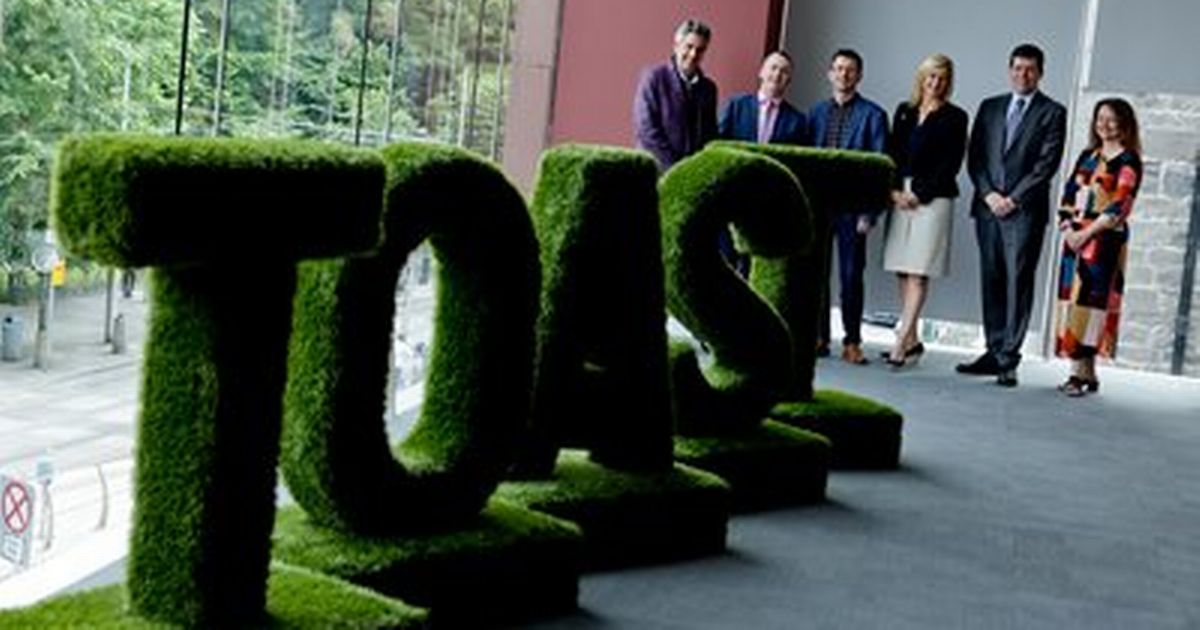The campaign to lower taxes in the UK has little room

Uncertainty over energy costs and interest rates makes the forecast even riskier than usual
The candidates to become the next British prime minister are having a strange conversation about the economy. The country is bracing for rising gas and electricity bills in the coming months, while Citi analysts estimate inflation could hit 18% early next year. But in the battle for the Conservative Party leadership, the liveliest debate has to do with cutting taxes.
Both Foreign Secretary Liz Truss and her rival Rishi Sunak, a former finance minister, want to cut taxes. But Truss, who is the favorite to replace Prime Minister Boris Johnson in the race that ends next week, has upped the ante. She intends to cut state taxes on corporate income and profits by £30bn.
Normally, the government would have to cut spending by an equivalent amount in order not to increase the national debt, which currently stands at around 95% of GDP. However, according to the Institute for Fiscal Studies (IFS), Truss could find a solution. Rising prices will increase income from sales and income taxes, while spending on public services like schools, something not directly related to price levels, will increase at a slower rate. This phenomenon, which the IFS calls “unintentional austerity”, could increase tax revenues by 37,000 million pounds between now and 2024.
Unfortunately for Truss, this windfall is not certain to happen. The effects of inflation on government costs, such as welfare and government debt service, are final. Future tax revenues depend on an unusually dim economic outlook. Economists interviewed by Reuters earlier this month had assumed the UK policy rate would rise from 1.75% to 2.5% this year. However, as of Tuesday, money markets were implying a 75% chance that rates hit 3.5% by the end of December. If the Bank of England meets these expectations, the economy will limp.
And then there is the energy crisis. The annual cost of electricity and gas for a British family could reach £6,000 by April next year, triple what it was 12 months earlier. If the state halts a proposed £100bn facility for the energy sector, or if Truss cuts sales tax in Britain, as media reports suggest, the fiscal landscape will change dramatically.
Uncertainty over energy costs and interest rates makes forecasting government revenue even riskier than usual. It’s a strange time to bet on tax cuts.




